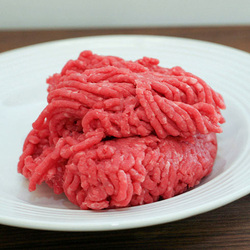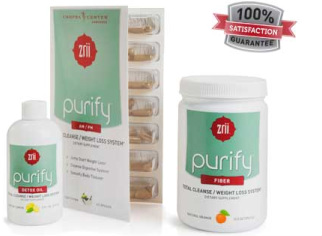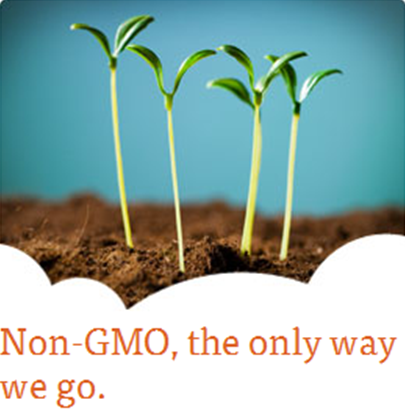
I know it can be really tough when you are first trying to change life habits that are so deeply rooted. When I first wanted to start changing my health habits it was so hard to ignore the cravings for junk food (I was the queen of junk food!)
I want to share the one secret I learned that helped me through: Change your mindset.
Set your Intention
Setting your intention is so important. It’s when you connect with true yourself and align your thoughts to reach your goals. I personally set my intention upon waking up in the morning. Whether I want to drink more water, run 3 miles, or rock a presentation I set that intention and visualize it happening. There is true power in doing this. It takes less than 2 minutes and sets you up for success for the entire day.
You CAN
Don't tell yourself you cannot have something. The second you do that you automatically will want it. Tell yourself you can have anything....then consciously choose not to eat it. For example I work in an office environment and almost every day someone has something like brownies, donuts, cookies, tempting things like that. When they offer some I politely choose to say "No thank-you", not because I can't have it because I totally could. I say no because I don't want it. It’s a subtle difference but it makes a really big difference in how your mind processes decisions. I know it may sound a little weird but try it, it works.
Add not Subtract
The next thing to do is not focus on taking things away from yourself. Your mind hates this! Instead focus on adding things in. One week try adding in Quinoa to a couple of your meals and eating one more veggie per day than normal. The next week focus on adding a glass of water a day or adding something "raw" to your daily routine, like raw almonds, or seeds of some sort. When you focus on adding things automatically other things are being taken away but since you are not focusing on taking things away your mind will not play crazy tricks on you.
Acceptance
The last thing is to embrace yourself at this very moment in time. Take comfort in knowing wherever you are in life is exactly where you are supposed to be. Be proud of youself for recognizing where you are today and deciding to take action and make changes. That alone is a HUGE step and you deserve to feel so good about that decision. It's ok that you may not be at your ideal weight or that you are not eating as healthy as you want, or exercising as much as you want right now. This will be part of your story. A story that will inspire others to make change and as you are helping others on their journey you will be able to say "I've been there", you'll know the challenges others face and more importantly how to help. It doesn't matter that you are not there yet because you will get there.















 RSS Feed
RSS Feed